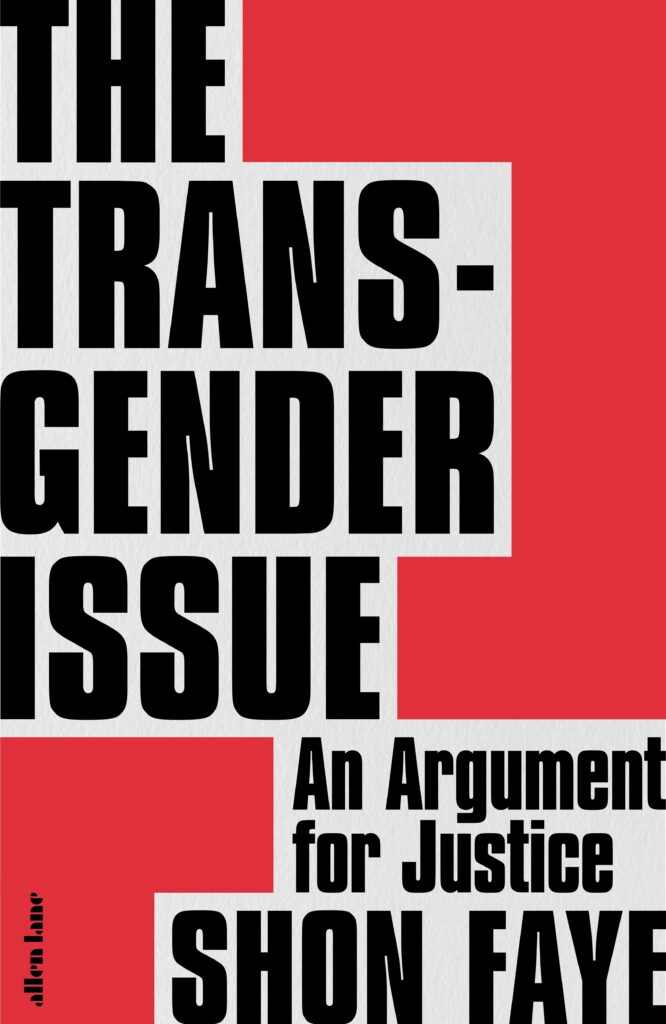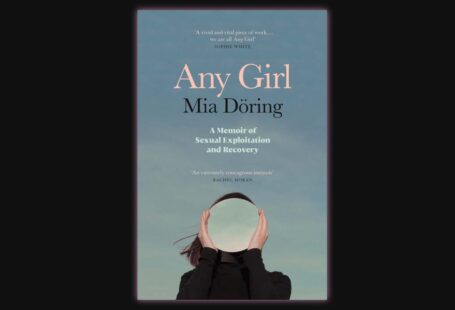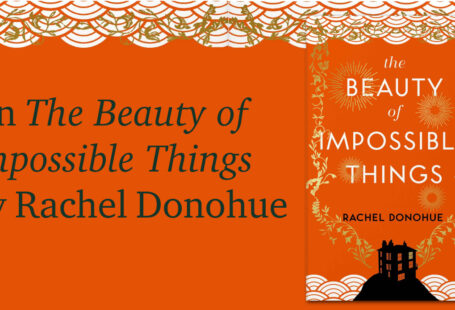I believe in the power of empathy. It is a powerful, vitally important and, unfortunately, oftentimes uncommon thing. The Transgender Issue, Shon Faye’s debut nonfiction book, has no shortage of empathy. From the opening line, ‘The liberation of trans people would improve the lives of everyone in our society’, Faye has her eye not only on the bettering of trans lives, but on the lives of every marginalized person.
When I first heard of the book, I was afraid that Faye, like so many trans people before her, would be reduced by her publishers to a series of horror stories and anecdotes of suffering. Too often our empathy is only triggered when we are told about someone’s pain and misery. These stories are important, and are vital in recognizing the abuse and discrimination trans people regularly suffer, but they are not the entirety of trans people’s lives. I was relieved and ecstatic, then, when I discovered that Faye’s book is much more than a series of horrifying anecdotes. Instead, it is a concise experience-based explanation as to why and how the lives of trans people are more than bullet points and buzzwords. With this publication Faye has widened the conversation, pushing beyond the tendency books about trans people have to reduce their humanity to a few words. Here Faye writes about, to and for trans people, allowing them to speak for themselves and the ways in which their lives can and should be improved. Her writing and research are both sharp and accessible, clear in their message of societal change.
People of the trans community are just that; people.
Up until now trans people have predominantly been used as a talking point, reduced to a string of heated headlines and arguments that largely consist of cisgender voices. With Faye’s book that has finally been challenged. The mic has passed into the hands of trans people themselves, allowing them to clearly speak for their own experiences, as they should have always done. Rather than being talked at and about as if they were some faraway concept for us to debate trans people should instead be in complete control of their conversations, deciding, speaking and acting with their own agency. As the American actress and singer MJ Rodriguez puts it, ‘I want to be seen as a human being first. What comes after is my being African American, Latina, a trans woman.’ People of the trans community are just that; people. They deserve empathy and equality not because they are different and therefore deserve special treatment, but because humanity should inherently inspire compassion. They deserve to have a voice not only within the publishing industry, but in every facet of society. Shon Faye is just the beginning of that voice being heard.
As Faye states at the beginning of the book, this is not a biography. But that doesn’t mean it’s not personal, because it very much is, to every one of us. Trans people are not some alien species disconnected from those of us outside their community. A lot of the discrimination they experience affects the majority of us, from poverty to gender-based abuse, racism to homelessness. We are brought together not only by us being human but by us having a collective and shared pain. And so, as Faye writes, we are unified in the fight to bring justice to that universal pain, joined together by our need and responsibility to better each other’s lives.
This is an important book, the most important one to be published this year. But it can’t be the last. In the months to come, the years and the decades, more books like this need to be published. Books by, about and for trans people, immigrants, members of the traveler community, queer people and people of colour. Books that continue to curate conversations previously unheard. Books that, in the long run, will benefit all of us. This is the first of those books. The Transgender Issue is a landmark publication. Now, it needs to beget long-term change.







Recent Comments